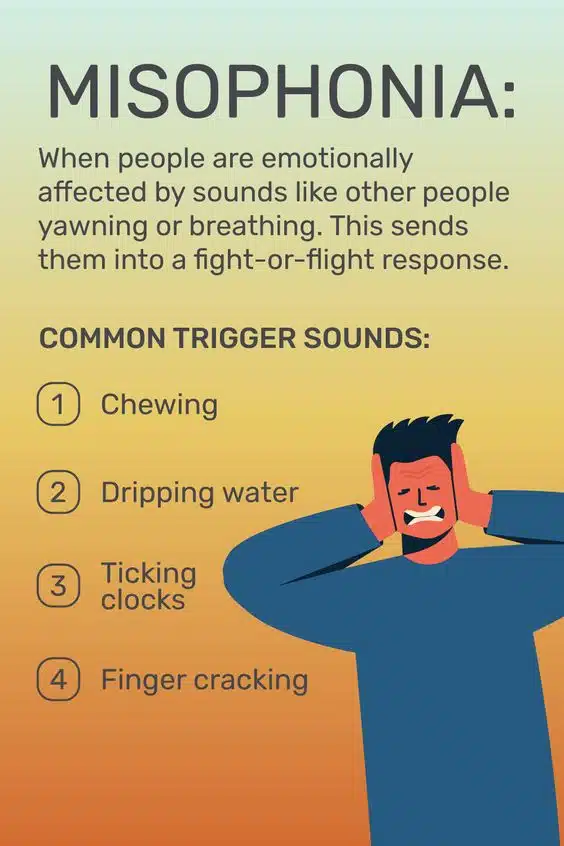Hearing impairment can be tricky to spot, especially in young children who might not know how to tell you what’s happening. Here are signs to look out for in yourself or your loved ones:
- Difficulty hearing people talk, especially in noisy environments
- Frequently asking people to repeat themselves or speak louder
- Turning up the volume on the TV, radio, or music more than usual
- Misunderstanding what people are saying or responding inappropriately
- Avoiding social situations or conversations because of difficulty hearing
- Buzzing, ringing, or other noises in the ears (tinnitus)
These symptoms may affect one or both ears and range from moderate to severe. Early intervention and detection can help manage the illness and enhance the quality of life. Goally, a tablet that helps kids build a life, hygiene, and language skills through gamified learning and fun games, can be a helpful tool in managing hearing impairment and developing communication skills.
This post was originally published on April 10, 2023. It was updated on July 10, 2023.













